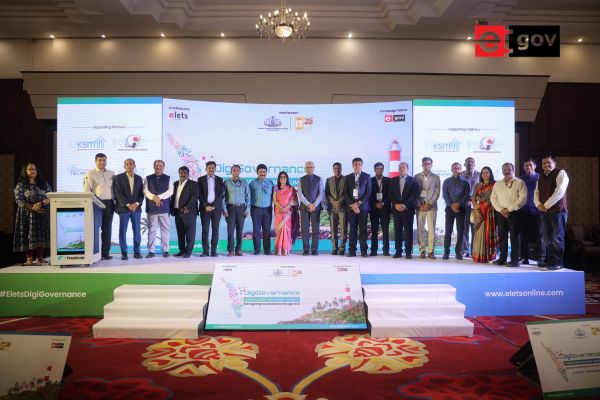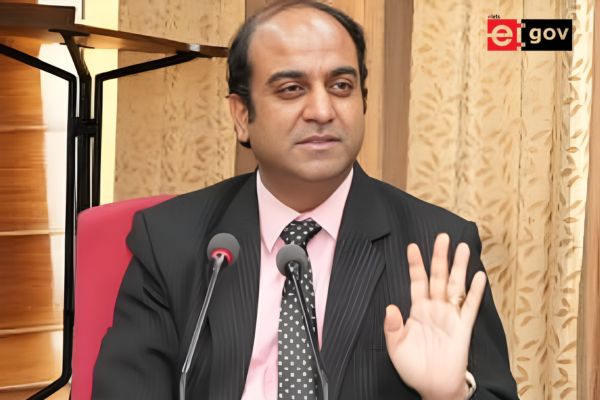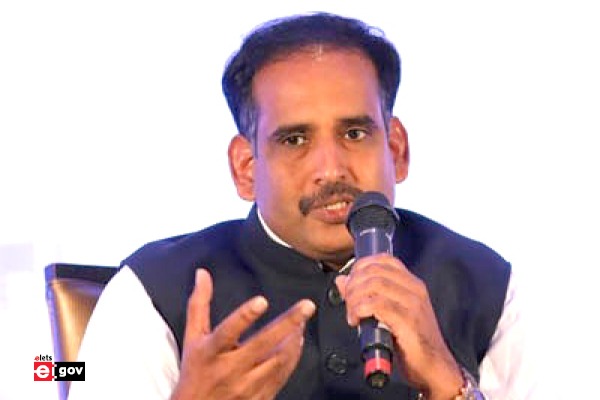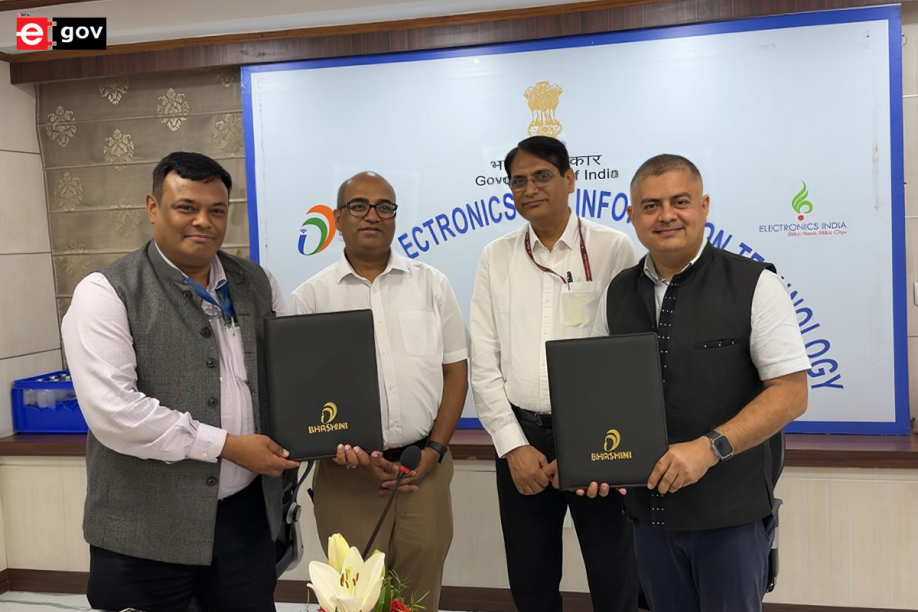
One of the most picturesque and naturally beautiful places in the country, the Union Territory (UT) of Ladakh, has unveiled a policy specifically for electric vehicles. The ‘Electric Vehicle and Allied Infrastructure Policy 2022’ of Ladakh, which was announced on August 17, 2022 will remain in force during the course of next five years i.e. till August 16, 2027.
The UT administration will implement the EV policy through administration of the scheme and other means like demand incentives to end-users and building an EV charging stations network.

The aim of Ladakh’s EV policy, as the opening statement reads, “to promote sustainable mobility in Ladakh by kickstarting the sale and use of EVs” is aimed at promoting innovation, research and skill development in the technology for EVs. Besides, it is also aimed at enabling speedy adoption of EVs in all the latest commercial and domestic vehicle registrations together with promotion of electric mobility in community transport systems and government vehicle fleets.

Further, the policy exempts all EVs from road tax payments. Ladakh, which is situated on the western end of the Himalayas, has been attracting tourists in large numbers in the course of the past few years. The inflow of tourists has increased by over two times and a significant amount of travel in the region is undertaken in fossil-fueled vehicles. As per estimates, the tourism sector contributes about half of Ladakh’s gross domestic product (GDP).

Also Read | Haryana EV Policy passed – Assures many benefits

The UT administration has officially announced the specific policy for EVs within just two years of unveiling its Vision-2050 statement, with a significant thrust on carbon-neutrality. The top targets of the EV policy include – minimal carbon emissions, fostering clean energy, development of eco-friendly and feasible community transport systems along with all-weather roads and connectivity.
The population of Ladakh is expected to double by 2050. While the cities of Leh and Kargil are likely to witness continued urbanisation and transform into big economic centres in the future, the stress remains on promoting green and sustainable tourism through the means of electric mobility.
Offering incentives to promote usage of EVs will bring down the current levels of great dependence on vehicles powered by fossil-fuels, which are used for transportation in the high-altitude region.
On purchase of electric two, three- and four-wheelers, the EV Policy of Ladakh offers a capital subsidy of 10 per cent, while the capital subsidy on commercial vehicles is 25 per cent. With an aim to promote wider adoption of EVs in the region, the policy offers demand incentives for the buyers in the form of an upfront-reduced purchase price to be reimbursed to the EV dealer by the UT. As per the policy, in case an EV is purchased from a vehicle dealer, based in another state or UT at 100 per cent ex-showroom price, but is registered and used in Ladakh, the administration will reimburse the individual beneficiary and not the dealer.
The EV Policy of the UT also offers incentives for installing charging facilities. The tariff rate for electricity consumed for charging the EVs will be priced at domestic rates and it will also allow setting up of common public charging facilities in parking areas of commercial, institutional and residential buildings. Similarly, it also allows setting up public EV charging stations at petrol pumps, subject to the area for charging stations and infrastructure qualifying rating standards for fire and safety.
Also Read | Rajasthan Govt soon to announce EV Policy
As per the policy, for the first 15 EV charging stations, a capital subsidy of 25 per cent will be provided to the eligible commercial public EV charging stations for two-wheelers, cars and buses on equipment/machinery or INR 500,000 (whichever is less) per station.
Going forward, Ladakh might offer incentives for the usage of EVs for commercial operations from the permit fee requirement for running a transport vehicle, besides exemption or reduction of net goods and services tax for UT for leasing and owning a fleet of electric vehicles. In addition, once the EV policy becomes fully operational, the UT may also extend incentives to operations of battery swapping centres.
Ladakh, like other states that have rolled out EV policies to push the demand for e-mobility, will strive to mandate establishing charging infrastructure at all the latest construction, be it guesthouses, hotels, housing societies, malls, markets, office areas, shopping complexes, and others. Besides, there are also plans to have 10 per cent of the declared parking spaces to be reserved for EVs and less parking charges for the green vehicles.
Be a part of Elets Collaborative Initiatives. Join Us for Upcoming Events and explore business opportunities. Like us on Facebook , connect with us on LinkedIn and follow us on Twitter, Instagram.
"Exciting news! Elets technomedia is now on WhatsApp Channels Subscribe today by clicking the link and stay updated with the latest insights!" Click here!













